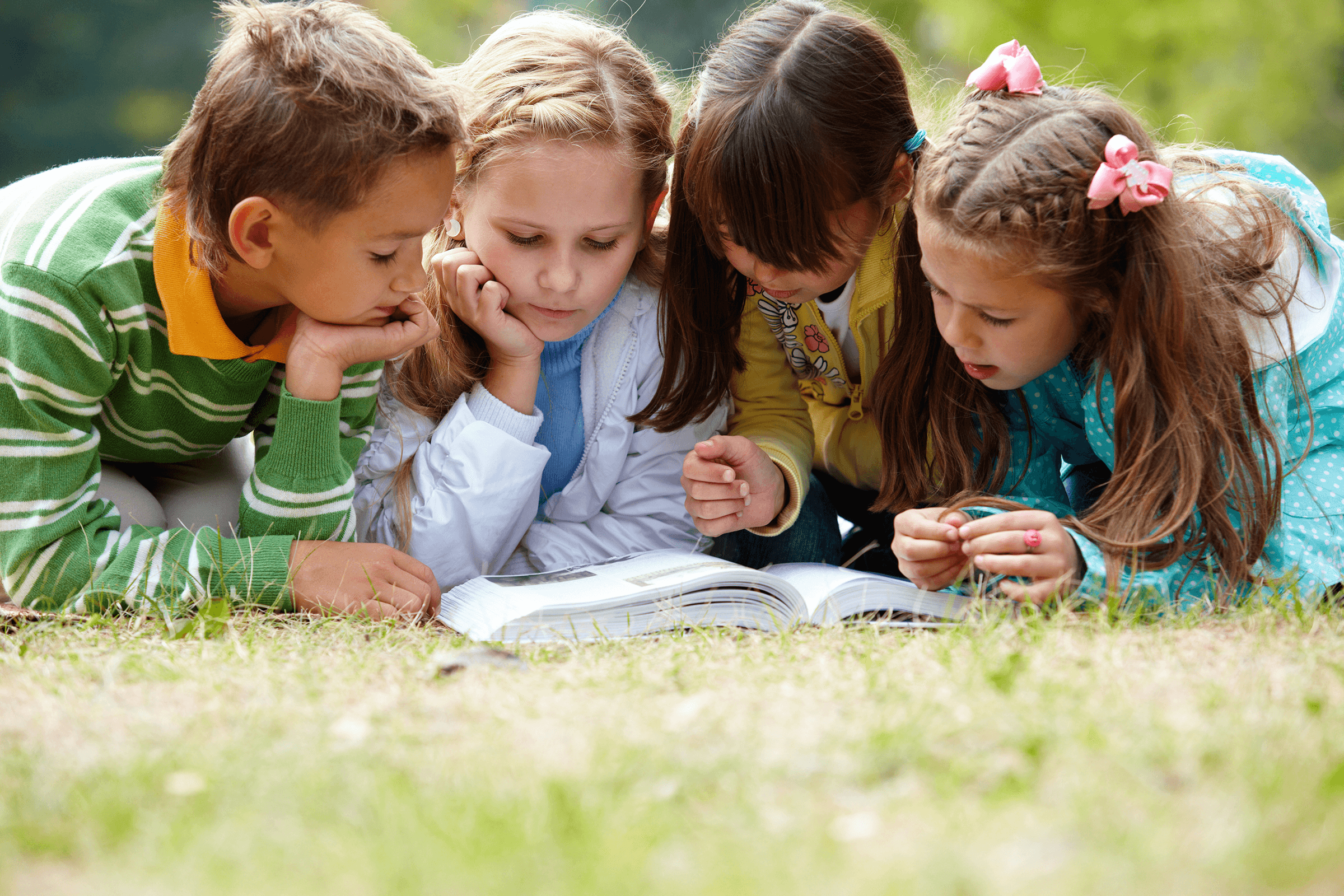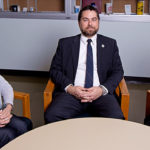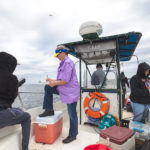Engage Children to Prevent Summer Learning Loss
Pensacola — Without the bell-to-bell school schedule, days fill up with fun and leisure for students on vacation. Be aware that research shows that letting the proverbial lazy days of summer become too lazy can carry a heavy price.

All students need to keep learning over the summer, said Dara Murray, manager of program quality and evaluation for the National Summer Learning Association. If they don’t, they lose part of what they learn during the school year, and those losses add up year after year.
To keep young minds stimulated during summer break, parents and caregivers can do simple, low- or no-cost, activities.
“You don’t have to be a teacher or spend a huge amount of money on summer camps,” said Dr. Jennifer Mesa, an assistant professor in the education department at the University of West Florida. “It’s about using common sense and putting in the time.”
To prevent slips in reading and writing, Mesa suggested remaining aware of what children’s interests are and providing them with materials on that subject. Take trips to the public library and participate in the library’s free summer programs. Also, scour second-hand stores, shop yard sales and arrange book swaps with other families to keep kids reading books and magazines while school is out of session.

It’s not just about providing reading fodder, though. Caregivers need to be aware and interested in what children are doing, she said.
“Make sure there is a quiet time set aside each day. Then talk to them about what they read. The talking helps make the most of informal learning situations. Follow up. Show interest. Say, ‘Tell me your favorite part,’ or, ‘Share something new you learned.’”
Another way to keep writing skills sharp is to set up a family email account so youngsters can communicate with friends and relatives.
Jennifer Granse, who is the chair of the Santa Rosa County School Board and a former principal and teacher, said if you’re looking for ways to keep math skills honed, consider everyday opportunities.
For example, when you go to the grocery store, encourage children to calculate prices and check for the right amount of change. To practice measuring, cook something in the kitchen. Following a recipe also helps brush up on reading skills.
“Parents don’t have to plan a whole day of activities like it is a full school day,” Murray explained. “Just be intentional about the things you are doing.”
When it comes to planning a vacation, have children look at maps and estimate mileage. Mesa also suggested talking about landmarks, bodies of water or major cities. She pointed out that trips to local museums or a jaunt around the city to read historical markers are easy ways to pique interest in science and history.
Even a day at the beach holds the potential for learning.
“Ask children to notice and describe how the shoreline changes as the waves come in,” she said. “Be aware of the environment all the time and remember that conversation is important.”



